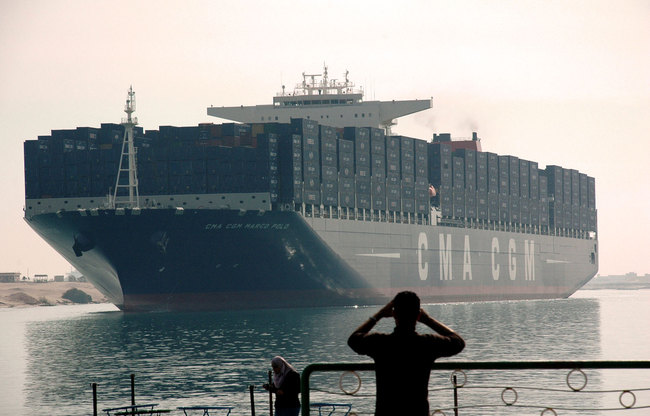Egypt’s Minister of Trade and Industry Nevine Gamea has said that Egypt pays great importance to achieving regional economic integration in Africa.
Gamea highlighted the importance of: activating joint continental work to achieve industrial and agricultural integration; enhance intra-trade; support small- and medium-sized enterprises (SMEs); and create more job opportunities.
These contribute to Egypt achieving the UN’s sustainable development goals (SDGs) 2030 at the continental level, and the 2063 development agenda set by the African Union (AU).
The minister’s remarks were made at a panel session entitled “Africa’s Pursuit for a Bigger Role in Global Markets”, held as part of the Investment Promotion Agencies (IPAs) Forum.
The five-day event is being held in Sharm El-Sheikh, with theparticipation of investment body heads from 33 African countries, a number of international institutions, and a number of Egyptian and African ministers, officials and businessmen.
The session focused on three main axes, including: increasing domestic production in Africa; opportunities for regional cooperation in agriculture and industry; and ways for African agricultural and industrial products to reach global markets amid slow-paced global trade.
This is in addition to promoting airfreight to Africa as a means to advance mutual trade, supply chains and exports.
Gamea said that Africa stands on the threshold of a new phaseof regional integration through the launch and implementation of the African Continental Free Trade Area Agreement(AfCFTA).
This links the entire continent in a single free market to overcome obstacles in front of exporters, manufacturers, and investors across the continent, through which goods are exchanged.
The minister affirmed Egypt’s readiness to share its experiences with African countries in various fields of industrial development. Foremost of these is the establishment of industrial zones and complexes, providing programmes to develop and modernise local industry, and link it to global value chains.
It also includes raising technical capabilities, in order to achieve the principle of mutual benefit and mutual interest.



